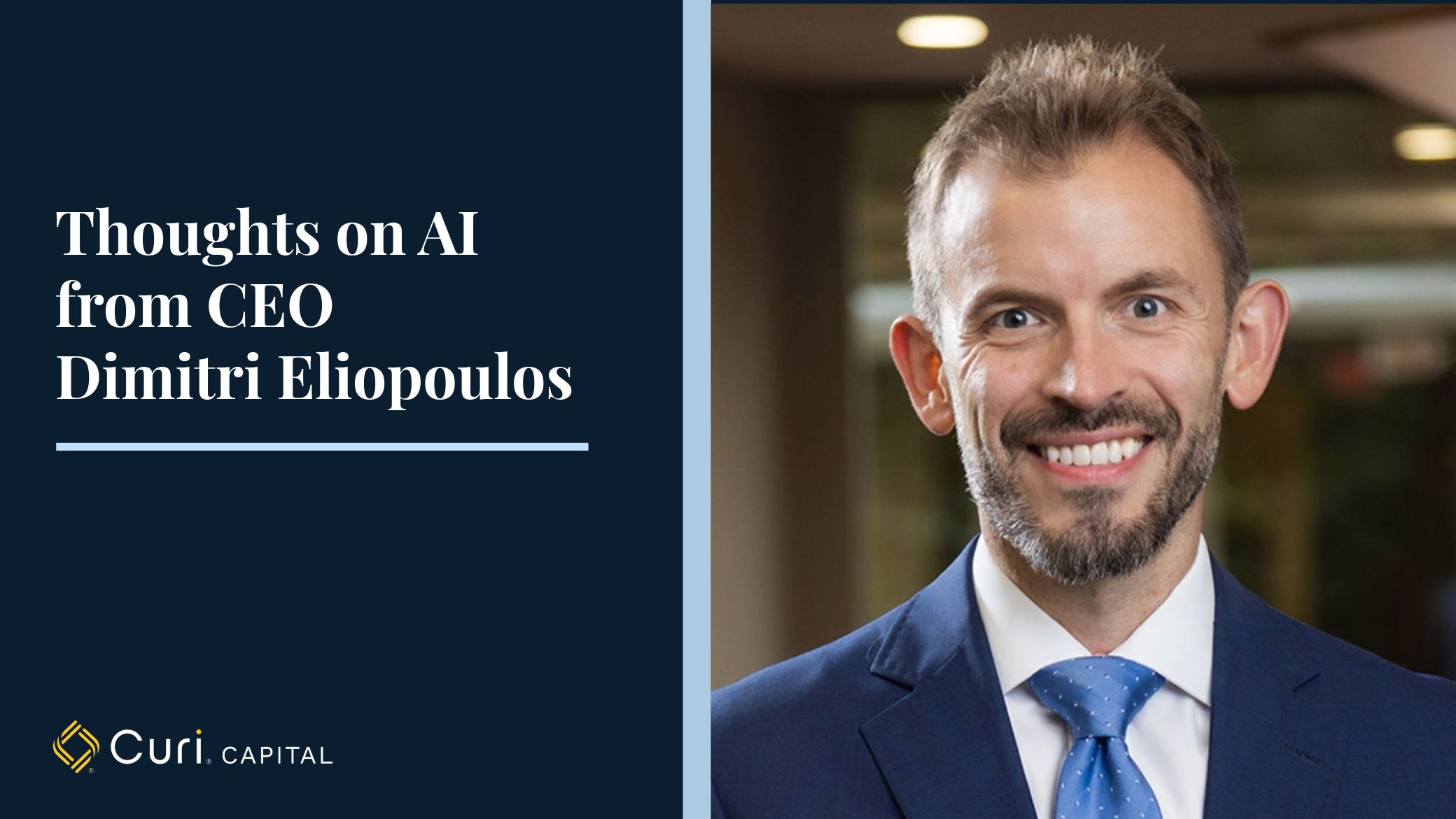Your first decade in the workforce—roughly your early 20s to early 30s—is filled with firsts: your first “real” job, your first steady paycheck, and often, your first serious thoughts about money. It’s an exciting time, but also one that can feel overwhelming. Balancing all these shifts while determining how to start building your financial future isn’t always easy.
As a young woman entering the workforce, it’s crucial to understand something many people don’t fully grasp until it’s too late: the power of compounding. This single concept has the potential to transform your financial future, especially when you take advantage of it early.
The Savings Gap Women Face
Statistically, women save significantly less than men—not just in their first decade of work, but across their entire careers. Research shows that men save an average of $7,007 per year, while women save just $3,146. 1 This gap isn’t due to a lack of ambition or financial awareness. It’s the result of multiple structural and behavioral factors that disproportionately affect women from the beginning of their careers.
Women often enter the workforce earning less than men, even with comparable education and experience. They also tend to negotiate less frequently for raises or benefits, which can compound into thousands of dollars in missed earnings over time. 3 Additionally, women are more likely to carry student debt, as they now represent a majority of college and advanced degree holders. 2
Barriers to Financial Education and Investment
Beyond income disparities, women face additional challenges when it comes to financial education. Many money management resources and investment strategies are still tailored toward men, leaving women underexposed to essential tools and knowledge. From an investment perspective, women tend to hold more of their assets in cash, which can have long-term consequences. 4 Holding too much cash means missing out on the potential for investment growth through compounding. And because women are often socialized to be more risk-averse, they may shy away from investing—especially when markets are volatile—despite long-term investing being a proven strategy for building wealth. 5
Why Time Is Your Greatest Financial Ally
Understanding the power of compounding and putting it to work early is one of the most effective ways for women to start closing these gaps and building lasting wealth. Compounding allows your money to grow not only on your original contributions, but also on the interest those contributions earn over time. It’s the financial equivalent of a snowball rolling downhill—small at first, but gaining serious momentum the longer it goes.
Here’s how time and consistency pay off:
-
Start at 22: Investing $500/month with an average 8% return could grow to approximately $1.55 million by age 62.
-
Start at 32: That same $500/month would grow to about $680,000.
-
Start at 42: You’d end up with around $275,000.
The takeaway? Starting early isn’t just helpful, it’s powerful.
Small Steps That Lead to Big Change
No matter where you are in your career, it’s never too late to start. But if you’re in your first decade of work, you have a unique opportunity to build momentum that will benefit you for decades to come.
Here are five strategies to get started:
1. Begin as early as possible
Even small monthly contributions make a big difference over time. Waiting just a few years can cut your future wealth in half.
2. Automate your savings and investing
Remove the guesswork and create consistency by setting up automatic contributions to retirement and investment accounts.
3. Embrace the ups and downs
Market dips are normal. What matters is staying consistent through them—not pulling out at the wrong time.
4. Build your financial confidence
Follow female financial experts, ask questions, and don’t be afraid to get professional guidance. Knowledge is power—especially when it’s applied early.
5. Own your worth
The more you earn, the more you can invest. Don’t be afraid to ask for the raise, the match, or the promotion.
Your First Decade Can Shape a Lifetime of Financial Freedom
Building wealth doesn’t happen overnight—but your first decade in the workforce is your most powerful window to begin. By understanding and applying the principle of compounding early, women can take control of their financial futures, close the wealth gap, and create long-term security and freedom on their own terms.
You don’t have to navigate your finances alone. Our Wealth Builder team offers approachable, personalized planning to help you build a strong foundation. Learn more and connect with an advisor to take the next step.
-
New York Life Wealth Watch 2023 outlook: 1-in-3 individuals hopeful about finances in 2023, despite inflation, recession concerns. (n.d.). https://www.newyorklife.com/newsroom/2023/wealth-watch-2023-hope-despite-inflation-recession
-
Suknanan, J. (2024, October 24). What holds women back from saving — and what they can do about it. CNBC. https://www.cnbc.com/select/why-women-dont-save-as-much-as-men/?msockid=23ae02cf4c7167c7071216b84de56649
-
Morgenroth, T., Ryan, M. K., & Fine, C. (2022). The Gendered Consequences of Risk-Taking at work: Are women averse to risk or to poor consequences? Psychology of Women Quarterly, 46(3), 257–277. https://doi.org/10.1177/03616843221084048
-
Hao, S. (2020, May 14). Women See Financing Differently Than Men Do, But What Causes that Contrast? Thrive Global. https://community.thriveglobal.com/women-see-financing-differently-than-men-do-but-what-causes-that-contrast/
-
Nelson, J. A. (2012). Are Women Really More Risk-Averse than Men? In GLOBAL DEVELOPMENT AND ENVIRONMENT INSTITUTE (No. 12–05). Tufts University. https://www.bu.edu/eci/files/2020/01/12-05NelsonRiskAverse.pdf
Disclaimers
The opinions and analyses expressed in the article are based on Curi RMB Capital, LLC’s research and professional experience. The information and data in this article do not constitute legal, tax, accounting, investment or other professional advice. Investors should consult with their trusted professionals prior to taking any action.
The content contained herein was generated by Curi RMB Capital with the assistance of an AI-based system to augment the effort.



